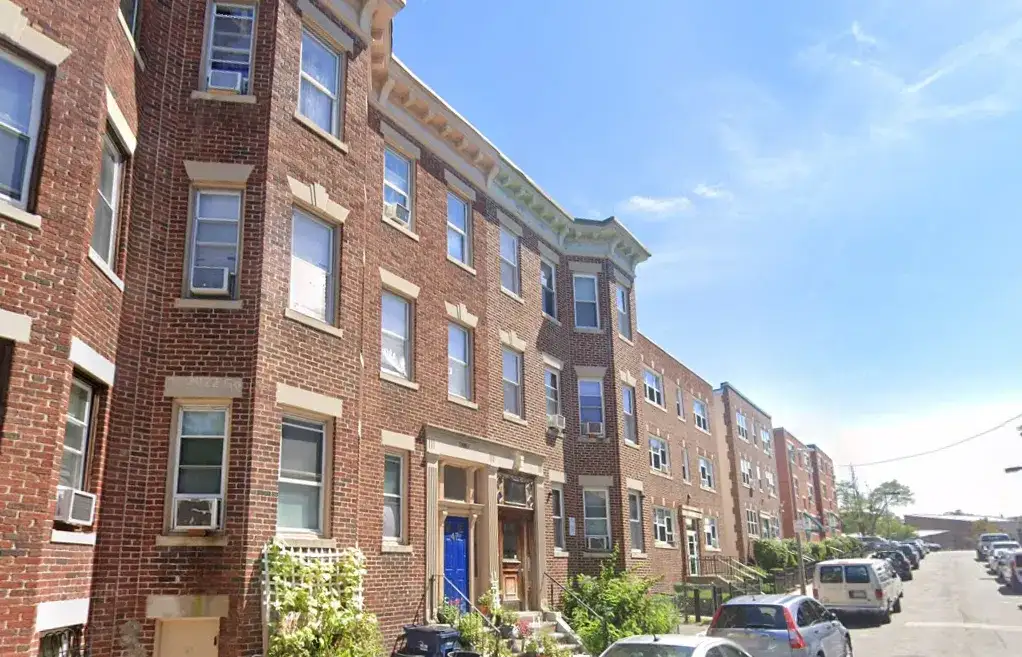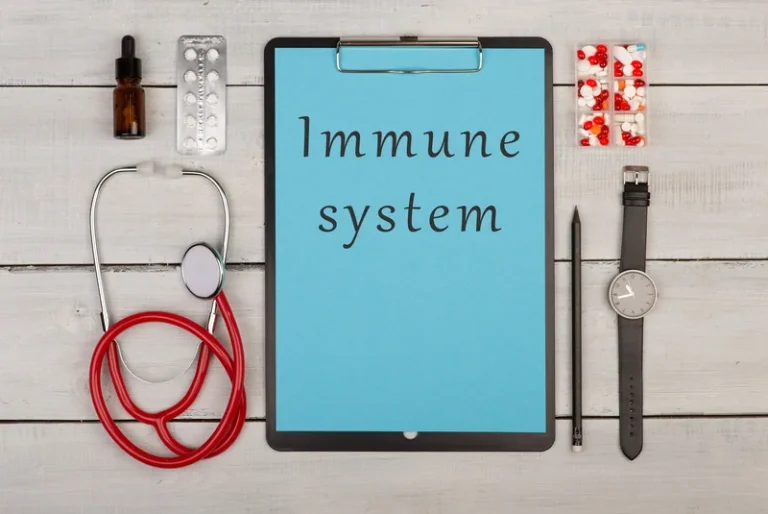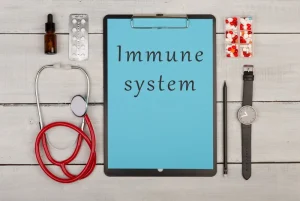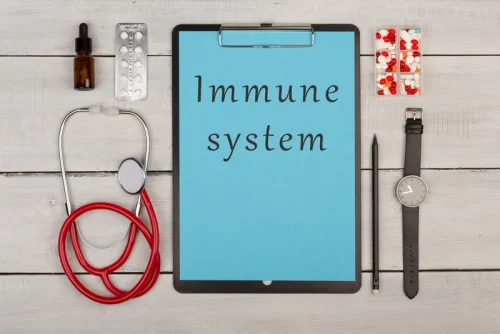
It’s essential to be attentive and seek medical help if you observe any such symptoms, especially changes in your urine. Your doctor may prescribe kidney medication or recommend programs in your area to help you. Treat gastritis by avoiding pain medications, alcohol, and recreational drugs. Your doctor may also prescribe H2 antagonists or proton pump inhibitors to lessen the production of stomach acid. However, severe or recurring kidney infections may need surgery or hospitalization.
Cocaine Withdrawal Signs and Symptoms

Drinking more than this can double someone’s risk of kidney damage and chronic kidney disease. The best thing you can do to prevent kidney damage caused by heavy drinking is to detox from alcohol and either quit drinking entirely or drink only in moderation. Swapping hard liquor drinks for low-alcohol beer and wine can help you avoid drinking too much alcohol, as can making sure you stay adequately hydrated. Drink a glass of water for every alcoholic drink to help balance out the amount of alcohol consumed.
Get Same-Day Admission for Alcohol Addiction Treatment Today
Set a particular amount of drink that you have to take – While drinking alcohol, you must consider this specific limit. For women, it should not be more than one time day; however, for men, two times may be maximum limit. You may also plan to keep record of your drinking on any diary so that you can maintain drinking regulations. This condition is called as infarction, while the flow of blood to your kidney gets interrupted because of obstructed artery.
Heroin Addiction Signs: Physical, Behavioral & Psychological
- Dialysis is typically a lifelong treatment without a kidney transplant.
- When you’re concerned about your kidney health, Milwaukee Nephrologists is your go-to resource.
- Alcohol can also lead to acute pancreatitis, and repetitive damage can lead to chronic pancreatitis.
- Depending on how bad their alcohol abuse has been or if medically-assisted alcohol detox will be needed for withdrawal symptoms, entering into a treatment center may be a necessary option.
Both of those conditions are the most common causes of chronic kidney disease in the United States. Chronic and severe kidney damage caused by long-term alcohol abuse may not be fully reversible. Having said that, quitting alcohol and adhering to medical recommendations can help slow the progression of kidney disease and improve overall kidney health. Symptoms of kidney damage resulting from kidneys after drinking alcohol excessive alcohol consumption can manifest in many different ways. If you have UPJ obstruction, you may have kidney pain after drinking alcohol.
Mediterranean Salmon Provencal: A Delectable and Healthy Recipe
Depending on how bad their alcohol abuse has been or if medically-assisted alcohol detox will be needed for withdrawal symptoms, entering into a treatment center may be a necessary option. Professional medical staff can assist in the difficult process of withdrawal, making the transition into sobriety less daunting. It’s important to find out the reason for your pain and discomfort so you will know what to do in case it’s a sign of a more serious condition. These are the common causes of kidney and back pain after consuming alcohol. Have you ever noticed the area around your kidneys feeling sore after a bout of drinking?
- Contact us to learn more about alcohol addiction treatment programs that can work well for your needs in recovery.
- However, if you are genuinely ready to give recovery an honest chance this treatment is the perfect place to go.
- Alcohol increases the risks of many different types of cancer but has not yet been discovered to cause kidney cancer specifically.
- However, continue to abstain from heavy drinking until you reach 4 weeks post-surgery.
- Consequently, they will develop increasing ascites and edema and experience weight gain.

Mykare Health is here to highlight the causes of kidney pain and how they might be related to drinking alcohol. While some kidney diseases cannot be prevented, even those with genetic kidney abnormalities may experience fewer complications if they lead a healthy lifestyle. Yes, alcohol use can lead to dehydration, temporarily increasing creatinine levels. Excessive alcohol consumption can damage the kidneys and, consequently, elevate creatinine levels. It varies from person to person based on the amounts and frequency of alcohol consumed, genetics, overall health, and lifestyle.

Chronic inflammation can hamper the kidney’s filtration capacity, sometimes leading to permanent kidney damage and progressing to chronic kidney disease. One of the primary ways alcohol affects the kidneys is by increasing blood pressure. High blood pressure is a leading cause of kidney disease, and heavy drinking can raise your risk.
Polycystic Kidney Disease (PKD)
Intense back discomfort or agony in the stomach or genitalia may be experienced while the body works to pass the stone. The body may get severely infected or clogged if the stone is not passed. Too much alcohol use can lead to liver disease called hyperalbuminemia. This condition may cause abnormal protein production or protein leaking into the blood.
This conflicts with the increased urine output that occurs from drinking. The kidneys determine the body is dehydrated based on the concentration of electrolytes. Alcohol increases the amount of liquid in the body but decreases the Alcoholics Anonymous amount of electrolytes. Therefore, the liver experiences both an increase in urine production and a decrease in hydration. The kidneys are forced to produce more and less urine concurrently, causing severe strain.

The fluctuation of blood pressure caused by alcohol over time can increase the risk of diabetes. Alcohol exacerbates the symptoms of diabetes, leading to further kidney damage. If you are at risk of developing diabetes, it is best to stay away from alcohol. Alcohol acts as a diuretic, meaning it increases the rate at which you excrete fluids.
